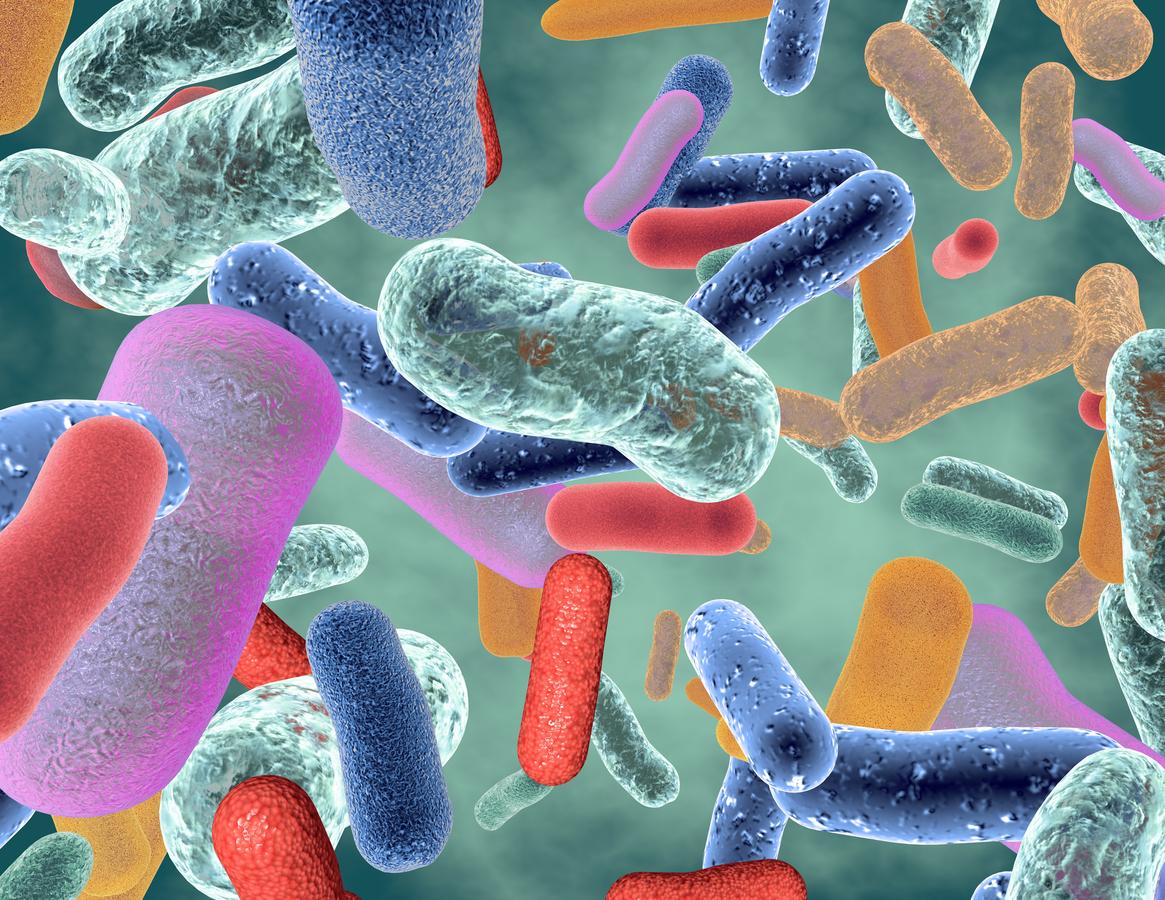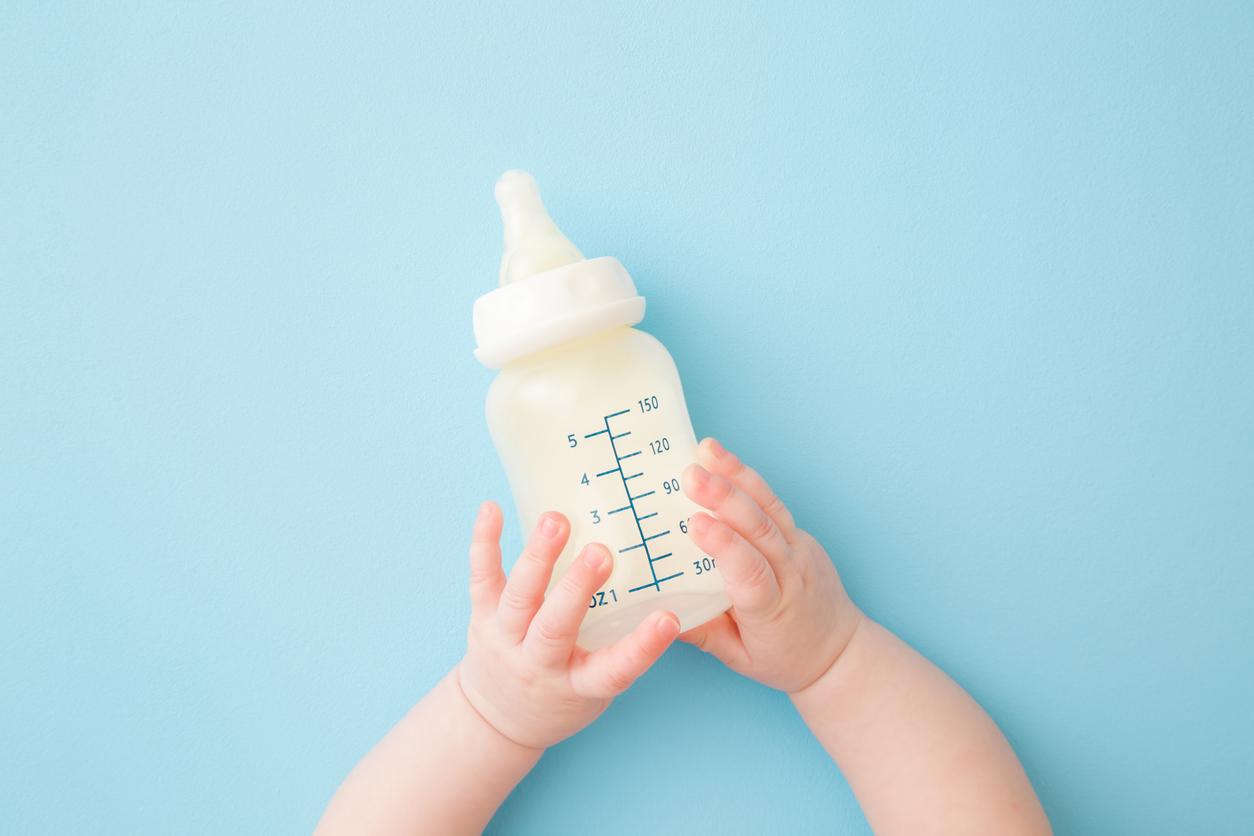A new Israeli study has revealed that gestational diabetes can be diagnosed from the first trimester of pregnancy thanks to the microbiota, that is to say all the bacteria present in the intestines.

- Researchers have discovered a way to diagnose gestational diabetes early in pregnant women.
- It is the presence of inflammatory bacteria in the intestinal microbiota of pregnant women that predicts the development of the disease.
- This discovery will improve the prevention and care of pregnant women at risk.
Gestational diabetes could be diagnosed as early as the first trimester of pregnancy, months earlier than is usually detected: this is what Israeli researchers revealed in a recent study published in gut.
Gestational diabetes: inflammation involved?
Indeed, while it is most often screened during the second or third trimester, marked differences in the gut microbiota – the bacterial population present in the intestines of humans and animals – of women during the first trimester of pregnancy (between the 1st and 13th week), would make it possible to make an early diagnosis.
Thus, according to the study, women who develop gestational diabetes have elevated levels of pro-inflammatory cytokines – markers of inflammation in the microbiota. These markers lead to insulin resistance, which designates the assimilation of sugars by the body, typical of diabetes.
As with diabetes, gestational diabetes is an intolerance to carbohydrates, i.e. a disorder of glucose regulation (glycaemia) resulting in excess sugar in the blood or chronic hyperglycaemia, according to the Federation of Diabetics.
Gestational diabetes: early diagnosis is possible
To conduct their work, the scientists took stool samples from 394 pregnant women during the first trimester of pregnancy. They were thus able to study the microbiota, the inflammation present or not, and the hormonal profiles. Diet, smoking and other lifestyle habits were also recorded. Using this data, scientists were able to create a prediction model for gestational diabetes.
“Recognizing women at risk for gestational diabetes early in pregnancy could lead to specific recommendations for preventing the disease – currently through lifestyle modification and, in the future, perhaps through supplementation with good bacteria for the microbiota: specific pre-, pro- and postbioticssaid Professor Omry Koren, from the Azrieli School of Medicine at Bar-Ilan University in Israel.
A discovery that reduces the risks for mother and baby
Gestational diabetes affects about 10% of pregnant women worldwide, say Israeli researchers. “The most important risk for the baby is macrosomia, that is to say too much birth weight, greater than 4 kg, which leads to a difficult delivery and complications such as shoulder dystocia. For the mother-to-be, the greatest risk is pre-eclampsia or toxaemia of pregnancy (combining high blood pressure, edema, rapid weight gain)”, indicates the Federation of Diabetics.
“If gestational diabetes can be prevented, there will be a significant reduction in its negative consequences, for the mother and her offspring, both in the short and long term, which will benefit families around the world.”, concluded the researchers.


















